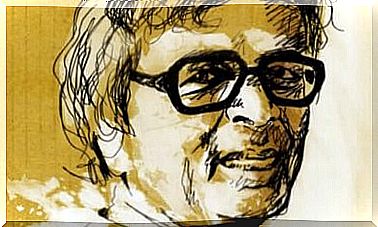The Human Brain – 7 Riddles And Mysteries
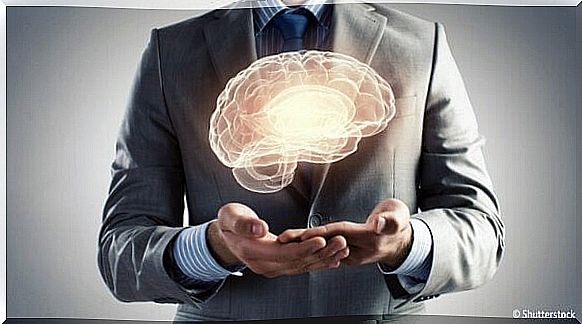
We are constantly studying the human brain. However, there are still so many mysteries surrounding this organ that science cannot give us clear answers to. On the other hand, they have managed to uncover a few things, and they are incredibly fascinating.
The human brain represents only 2% of the entire human body, but uses almost 20% of all oxygen and 20% of all energy that enters the body. If we could connect an electrode to the brain, the energy it emits would only light up a 60 watt light bulb. However, this mysterious body has changed the whole world.
Our neurons can only be seen under a microscope. There are over 100 billion of them, but they are not capable of reproduction. It is because of the human brain that our species evolved into what we are today. But the mysteries around the brain remain. Let’s look at some of the ..
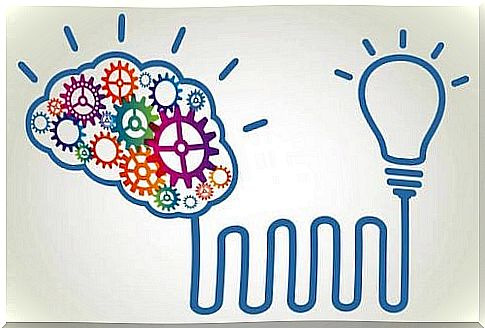
1. The intimate secrets of memory
When you learn something new, your brain changes its structure. However, science still does not know exactly what these changes are or what specific consequences they have.
One of the biggest puzzles that deals with the human brain is how different types of memories are activated. We have both long-term memory and short-term memory, and use both diligently. We also have declarative memory, which is responsible for storing exact data, and implicit memory, which has to do with actions and movements, such as swimming.
Researchers suspect that there is a common element for all these different types of memory, but they still have not found it at the molecular level, nor do they know how or why memories change or disappear completely.
2. Emotions
Emotions are a bit of a mystery. First of all, there is still no consensus on how to define emotions from a neurological perspective. It is known that they are cerebral states and that they allow us to assign a value to facts and events. We also know that we generate action plans based on them. But the scientific community can not agree on this topic.
Emotions have physical references as well. They cause changes in muscle tension, heart rate, body temperature, etc. There are also changes in the brain when we experience different emotions, we see this in neurotransmitters. However , the details of these processes are still unknown to us.
3. The mystery of intelligence
From a neurological point of view, there is also no common definition of what intelligence is. Of course, there are ideas about how we evaluate and measure it. But it is not a simple cerebral system that serves as a definition of human intellectual capacity.
Some studies suggest that intelligence is linked to working memory. Although these studies may have looked promising, they have not provided any conclusive answers. What we do know, however, is that we use different areas of the brain and different thought mechanisms to perform intellectual phenomena. But, despite this , intelligence remains one of the biggest mysteries surrounding the human brain.
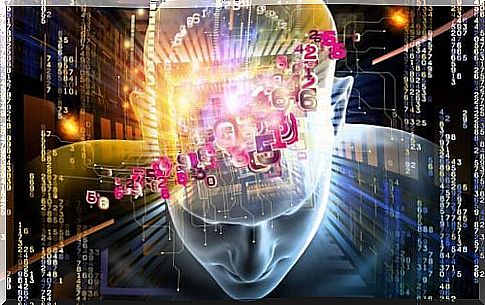
4. Why do we sleep?
We have always associated sleeping with rest. But in recent decades, we have discovered that the brain remains active during sleep. In fact, at times there is even more activity in our brain during sleep.
Currently, certain hypotheses are more widely accepted than others, but we do not really know why we sleep. While it is possible that sleep has some regenerative functions, it is definitely not the only reason. There are hypotheses that present ideas that sleep helps us with problem solving and in fixing knowledge.
5. Awareness
Consciousness is a philosophical, psychological and anthropological concept – but a neurological concept as well. To this day, we know that contact with material things causes small changes in the brain.
But one of the biggest mysteries about the human brain is how different levels of consciousness are produced. The so-called “higher consciousness” or the ability to recognize the universal reality in objective terms seems to be the result of a massive feedback system in the brain’s circuits. But we know very little else about this phenomenon.
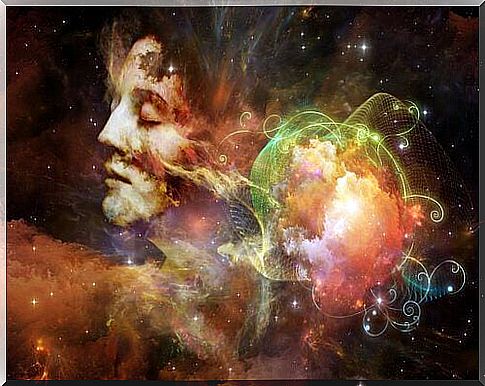
6. The future and the human brain
One of the most extraordinary forces of the human brain is its ability to simulate the future. By that we mean, to predict, predict or simply guess what is going to happen. It is an incredibly fascinating expression of our intelligence and our potential.
But as with the rest of the phenomena on this list, we do not know how the brain does this. We assume that it has to do with constructions of models that we further set up against our own memories and experiences. However, the underlying mechanisms remain a mystery.

7. Temporal phenomena
It may seem as if the brain is having trouble processing things that are happening at the same time. This occurs when there are two or more things happening at different speeds. The brain tries to experience these things as if they were synchronized. That is, as if they were actually happening at the same rate. However, this has fascinating consequences, such as dyslexia or falls in the elderly. Why? We do not know.
Although we have made great strides in the field of neurology, there are still many mysteries left about how the human brain works. It is a very complex organ, and if you think about it, we use it to think about how it works…






